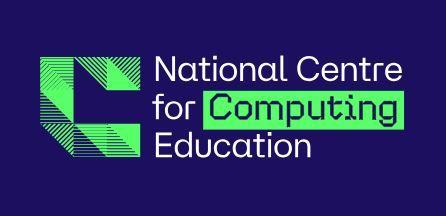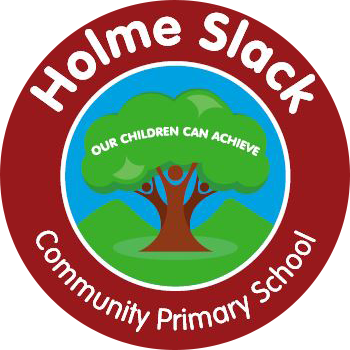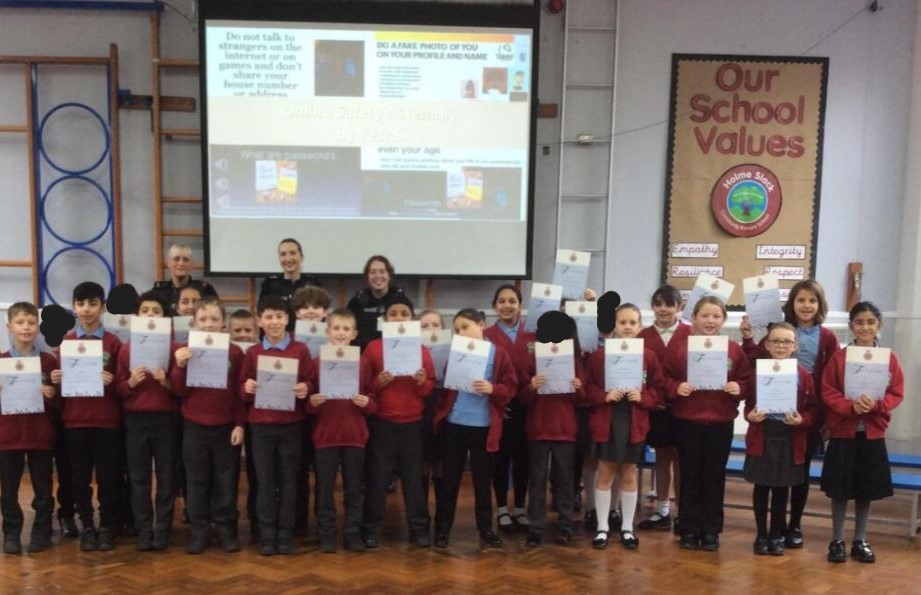Computing
At Holme Slack, our aim is to provide a quality computing education that develops a future-ready workforce. Digital skills are not integral to computing subjects and careers alone – they are increasingly essential to the wider curriculum and young people’s employability. We aim to embed basic computing skills to ensure that children become digitally literate – able to use, and express themselves and develop their ideas through information and communication technology – at a level suitable for the future workplace and as active participants in a digital world.
Our computing curriculum provides children with the necessary skills to embrace and utilise new and existing technology in a safe and responsible way. We want our pupils to have the fundamental skills required to succeed in their future education whilst also understanding the principles of computer science and computational thinking. We also believe our children should be able to analytically solve computational problems, communicate in a digitally literate world and become competent and confident users of information technology.
Following the National Curriculum we aim for our pupils to:
- understand and apply the fundamental principles and concepts of computer science, including abstraction, logic, algorithms and data representation
- analyse problems in computational terms, and have repeated practical experience of writing computer programs in order to solve such problems
- evaluate and apply information technology, including new or unfamiliar technologies, analytically to solve problems
- be responsible, competent, confident and creative users of information and communication technology.
In the Early Years Foundation Stage (EYFS), the computing curriculum is embedded within the areas of learning outlined in the Development Matters guidance and the EYFS framework. Children are encouraged to explore and use technology in purposeful and meaningful ways through play-based learning. This includes using simple technological equipment like tablets and programmable toys to support curiosity, problem-solving, and early computational thinking. The focus is on developing children's awareness of technology in their everyday lives, how to stay safe using technology, promoting language development, creativity, and an understanding of cause and effect, all within a safe and supportive environment.

At Holme Slack, we use Teach Computing to deliver computing lessons. A computing curriculum that is built around an innovative progression framework where computing content has been organised into interconnected networks.
Computing Curriculum Journey
Please see below a variety of informative posters, which we hope that our parents will find helpful.
- Tips for creating family rules for using devices
- Snapchat
- Tiktok
- Online trolling
- Fake news and scams
- In game chat
- Fortnite 2
- Lego Fortnite
- Pop ups
- QR code scams
Year 5's Online Safety assembly with our Police Community Support Officers

